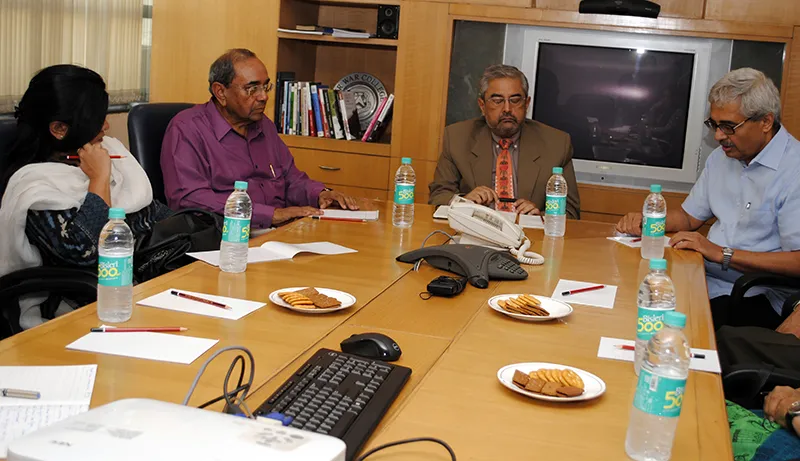Anti-India sentiments have gone viral in rural Nepal and unless urgent steps are not taken, this could lead to a widening gap between India and Nepal, according to former Minister of Water Resources of Nepal, Dr. Dipak Gyawali.

Former Minister of Water Resources of Nepal Dr. Dipak Gyawali has opined that anti-India sentiments have gone viral in rural Nepal and unless urgent steps are not taken, this could lead to a widening gap between India and Nepal.
Dr. Gyawali said this while delivering a talk on the Constituent Assembly Elections, scheduled for later this month, at Observer Research Foundation on 31 October. The talk was chaired by Mr. Nandan Unnikrishnan, Senior Fellow, ORF.
Taking about the external interference on the political scenario of Nepal, he said that India is being blamed for many reasons, spreading anti-India sentiments in rural Nepal.
He said intra and inter-party conflicts are also among the reasons behind the increasing political agitations in Nepal. The shooting of a senior CPN-UML leader by two pillion riders was an example of differences within the same party about candidatures for the assembly.
Dr. Gyawali said besides the battles between ’cash’ and ’dash’, Maoists are adding to unrest in Nepal. He noted that the trust between political parties in Nepal is extremely low or almost absent. The failure of the UN peace process in Nepal has made the political situation worse. Following political uncertainty, the social order is also said to be collapsing in Nepal.
He said the current political uncertainty is also effecting the economic growth of the country. He opined that failure of development in every sector is leading towards out migration of skilled and unskilled labour moving out of Nepal.
Dr Gyawali began his talk by suggesting that there was very little information in the public media about the political developments in Nepal. He added that this was largely true not only about India, but also Nepal.
Setting the context of the current political developments, he noted that the failure of constitutional amendments not once, but twice was one of the biggest setbacks of Nepal politics. The failure was highlighted by the inability of the Constituent Assembly to even convene on the last day of the agreed constitutional amendment period. Following these events, there are significant doubts regarding the potential success of the new Constituent Assembly. Questions are being raised whether there would be political stability given that the same set of leaders will be re-elected.
He opined that the overlapping of issues being considered by the Constitutional Assembly led to ambiguities. The Constitutional Assembly was meant to draft a new constitution, but given its composition often took up day to day political problems.
In the name of inclusiveness, it was decided that 600 members be elected for the Constituent Assembly , but because Nepal is extremely heterogeneous with 104 ethnic groups and 103 languages it is extremely difficult to draw boundaries in Nepal and conclude that the region is represented by one particular ethnic group.
(This report is prepared by Susmitha Gunda, Research Intern, Observer Research Foundation, Delhi)
The views expressed above belong to the author(s). ORF research and analyses now available on Telegram! Click here to access our curated content — blogs, longforms and interviews.




 PREV
PREV

